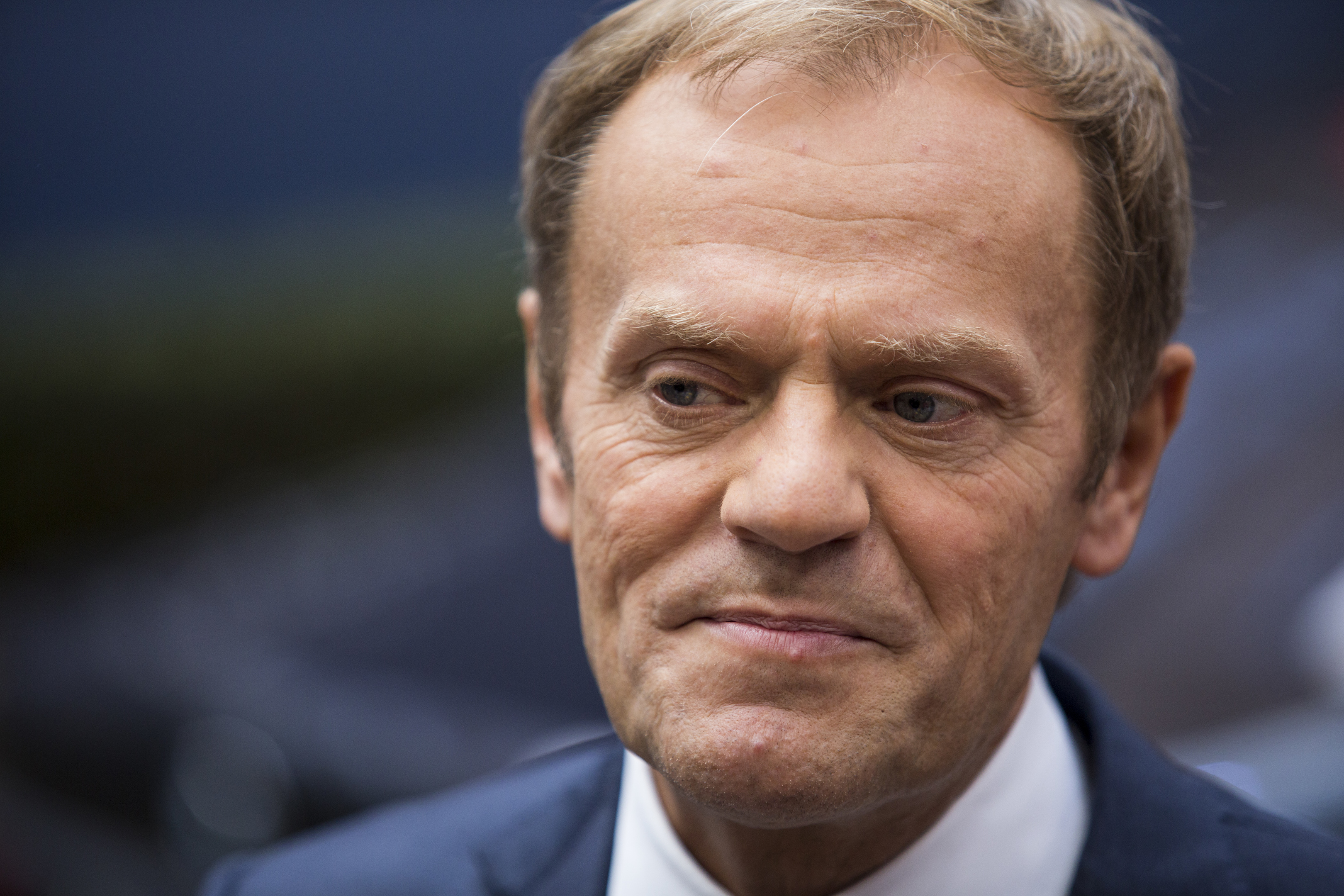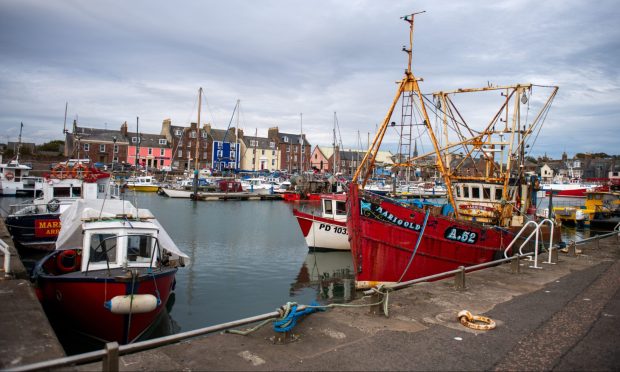The EU believes Britain is ready to backtrack on Brexit, the UK’s former Brussels commissioner has warned.
Lord Hill was speaking after the president of the European Council, Donald Tusk, said he would be the “happiest one” if Britain reversed the decision to quit and stuck with the bloc for years to come.
The move came after the German head of the main conservative grouping in the European Parliament insisted there is growing “anger” over Prime Minister Theresa May’s insistence that Britain plays a full role in the EU until it leaves – and that this could impact on the Brexit “divorce” deal.
Lord Hill, who quit his role as Britain’s senior representative in Brussels following the Brexit vote, said there was now a danger of toxic relations leading to a “self-harming” situation between the EU and London.
“I think there is a surprisingly widely-held view that Britain might still decide to stay in. And I think that partly explains why previously Donald Tusk has talked about it as hard Brexit or no exit.
“I think they also believe when people start to look at the practical consequences of disentangling ourselves from this very complicated relationship, then maybe we will think again.
“I think it is so important that over the months and years ahead we have as many bridges as possible, and try and work through this in a way that secures what is in our mutual best interest, rather than the danger that I can see is that we end up doing something that is mutually self-harming,” he told the BBC Radio 4 Today programme.
The intervention followed stark comments from Manfred Weber, the leader of the European People’s Party bloc in the European Parliament, who expressed an increasing feeling of anger with Britain on the continent.
“When somebody wants to leave a club, it’s not really normal that such a member who wants to leave a club wants to decide about the future of this club. That is really creating a lot of anger, the behaviour of the British Government.
“It’s about the long-term project of the European Union, and the Brits decided not to stay in.
“I think it’s totally understandable if we, as Germans, as French, as Italians, think about our – not your – long-term project, please don’t stop it, don’t block it, because that will have a lot of impact on the Brexit negotiations if you do so.
“It’s a question of behaviour, it’s a question of respect. You want to go away from the centre of the European debate,” he told the BBC.
Mr Weber pointed to reported splits in the Cabinet between Chancellor Philip Hammond and other Brexit ministers, saying he had “no idea” what the British Government wants to do.
“If you want to leave, that’s absolutely fair, please do so, but don’t accuse, and don’t decide for the rest of the European Union.
“I have to say for the rest of the European Union, it’s extremely positive for the future because of the development in Great Britain, the pound sterling, the economic damage for Britain, and the debate about the future of Scotland.
“So, I met the prime minister of Scotland and the message was very clear – you have a lot of internal battles to fight on, and people all over Europe see this.”
Mrs May used her first EU summit to tell her counterparts directly that Britain would be leaving after suggestions in Europe that the referendum result could be revisited.
But at the end of the summit dinner, Mr Tusk told reporters: “It’s not our choice and, if you ask me, I would prefer 28 members not only for the next month, but also for the next years and decades.
“After the decision in the UK we have to respect the decision of the referendum. If it is reversible or not, this is in the British hands.
“I would be the happiest one if it reversible but we now we have to start our formal works.”
At the European Council, Mrs May was told Britain would not be given an easy ride as it severs ties with Brussels.
French President Francois Hollande warned that the UK would face “hard” negotiations if it wanted to make a clean break with the bloc and European Parliament president Martin Schulz urged European leaders to “stand firm” in negotiations with Britain.




